

Buy Singanitropin 100IU Online
From $150.67
Raw Material: Human Growth Hormone, Somatropin
Manufacturer: Singani Pharma
Package: 10 vials (10 IU/vial)
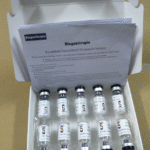
Buy Singanitropin 100IU Online
From $150.67
- Description
- Additional information
- Reviews (8)
Description
Singanitropin is a brand of recombinant human growth hormone (rHGH) marketed by a Chinese pharmaceutical company called Singani Pharma. This medication is used to treat growth hormone deficiency (GHD) in adults and children. Singanitropin is a prescription-only medication that comes in the form of a lyophilized powder that needs to be mixed with sterile water before administration.
Indication:
Singanitropin is used to treat individuals with GHD, which is a medical condition characterized by a shortage of natural growth hormone in the body. GHD can lead to a variety of symptoms, such as stunted growth, low energy levels, and a decrease in muscle mass and bone density.
Mechanism of Action:
The active ingredient in Singanitropin is somatropin, which is a synthetic version of the human growth hormone. Somatropin stimulates the liver and other tissues to produce insulin-like growth factor-1 (IGF-1). IGF-1 is one of the key regulators of cell growth and division. By increasing IGF-1 levels in the body, somatropin promotes growth and development in children with GHD, while also promoting muscle growth, bone density, and energy levels in adults.
Administration and Dosage:
Singanitropin is administered through injection. The dosage will depend on the patient’s age, weight, medical history, and condition being treated. In children with GHD, the initial dose may be around 0.025 mg/kg body weight per day, with the dose adjusted over time as necessary. Adults with GHD generally take 0.2 to 0.5 mg per day, given as one daily injection. It is important to follow the prescribing doctor’s instructions for dosing and administration carefully.
Efficacy:
Studies have demonstrated that Singanitropin is effective in treating GHD in both children and adults. The medication has been shown to increase height and growth velocity in children with GHD, while also increasing bone density, muscle mass, and energy levels in adults.
Side Effects:
Like all medications, Singanitropin can cause side effects. Common side effects may include swelling, redness, and pain at the injection site, nausea, vomiting, headache, itching, and joint pain. Serious side effects are rare, but can include increased intracranial pressure, worsening of pre-existing scoliosis, and an increased risk of developing diabetes.
Precautions:
Before using Singanitropin, patients should inform their doctor of any other medical conditions and medications they are taking. Patients with a history of cancer, breathing problems, or other medical conditions that may be affected by the drug should avoid using it. Patients with diabetes should be monitored closely during treatment as the drug may affect glucose levels in the blood. Patients who are pregnant or breastfeeding or trying to conceive should not use Singanitropin.
Additional information
| Quantity | 1 X Singanitropin 100 IU, 5 X Singanitropin 100 IU, 10 X Singanitropin 100 IU, 20 X Singanitropin 100 IU |
|---|
Related Products
Buy HGH Norditropin FlexPro Pen 5mg|10mg|15mg Online
Total Sales: 0
SKU: 221822
Buy Humatrope 72IU rHGH Online
Total Sales: 0
SKU: 461483
Buy Humatrope Pen Humatropen 6mg/12mg/24mg Online
Total Sales: 0
SKU: 725861
Buy OMNITROPE HGH 45 IU 15 MG Cartridge Online
Total Sales: 0
SKU: 579319

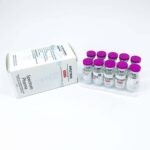

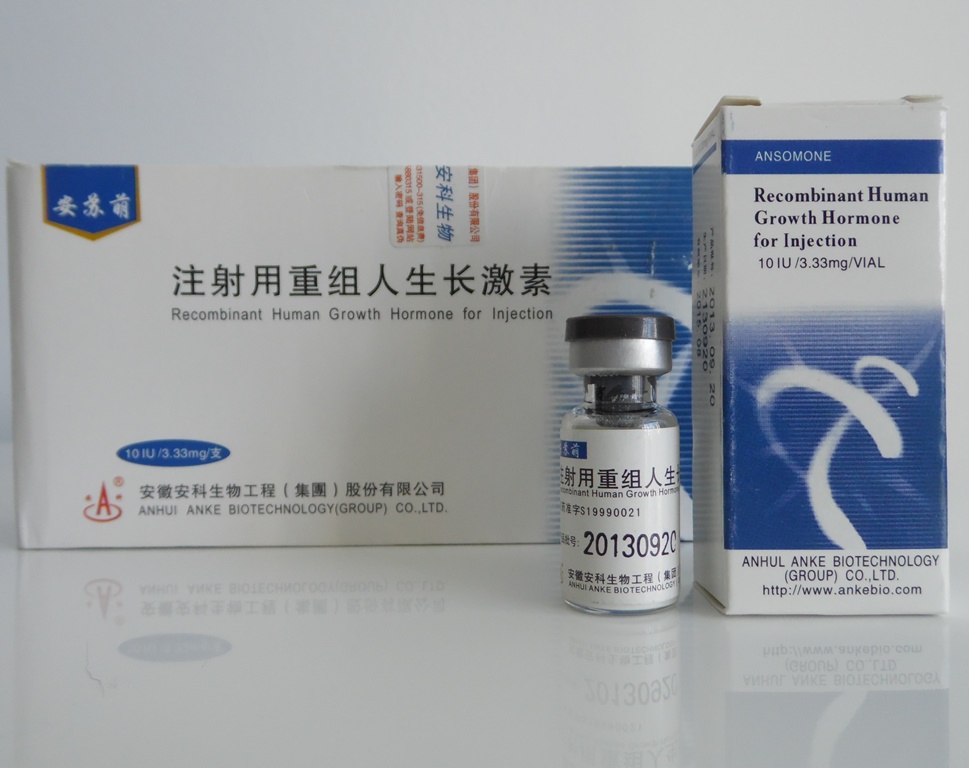
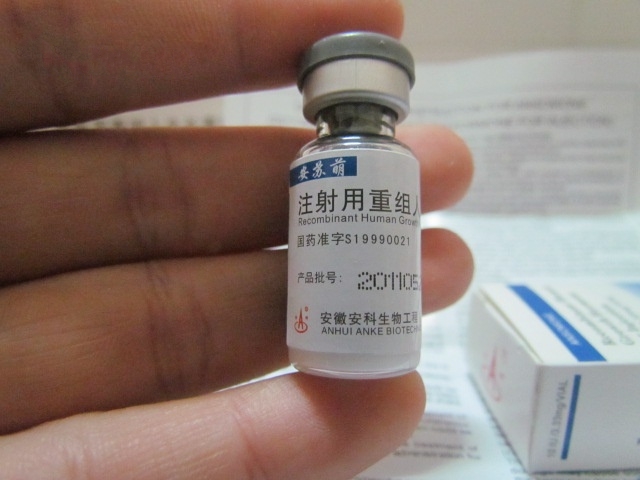

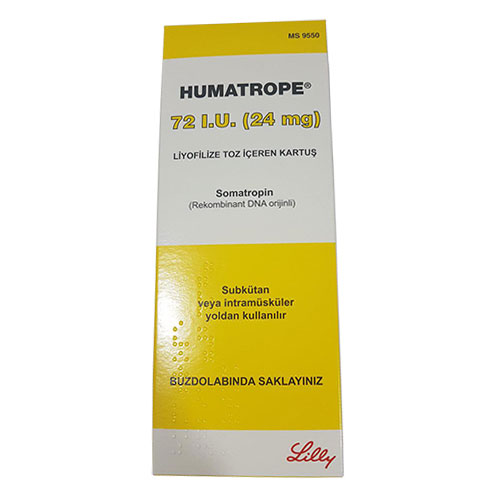

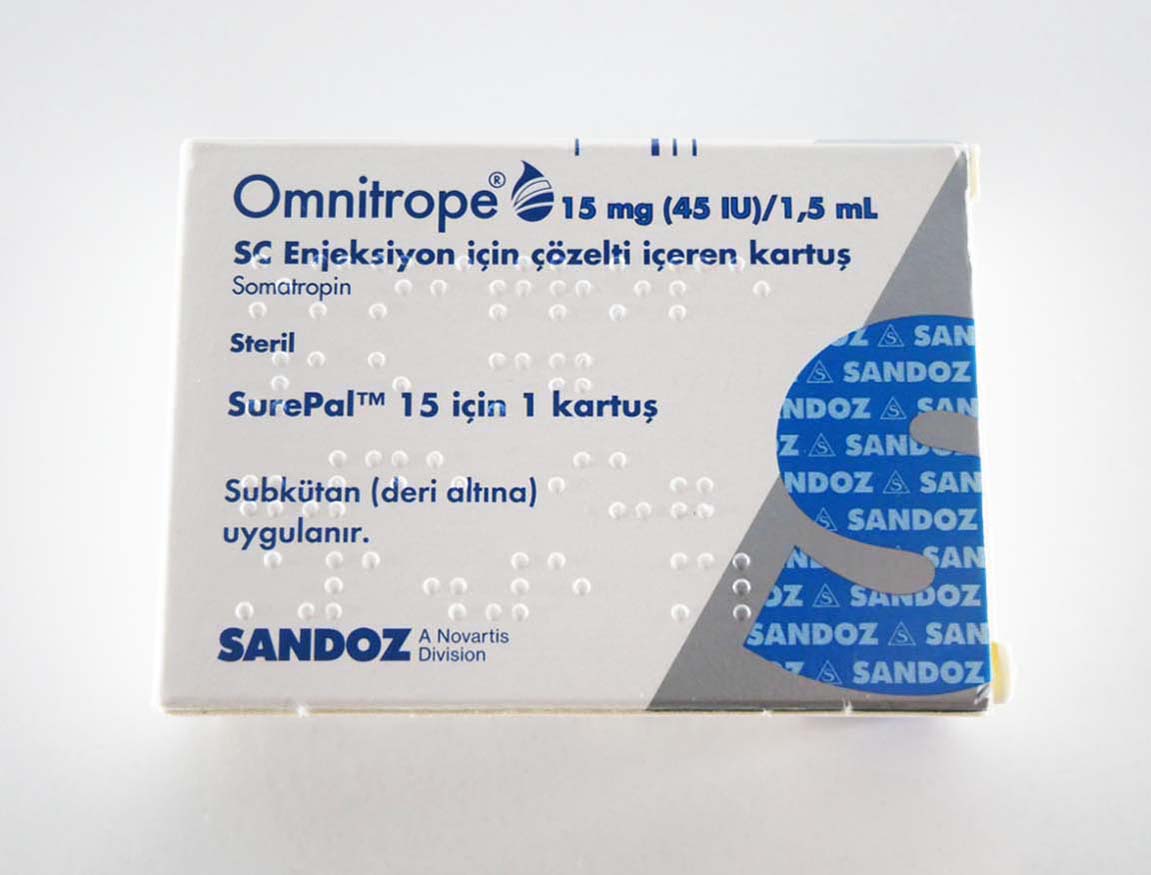
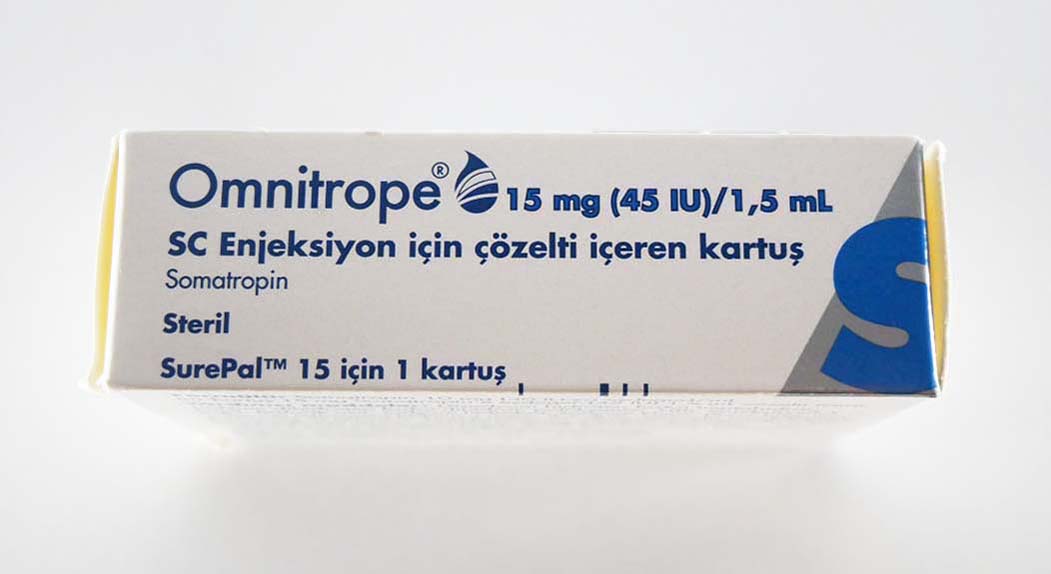
Tyler James –
Singanitropin exceeded my expectations. My strength is up, my body fat is down, and I feel amazing. I’ve had zero issues with quality or delivery. It’s great for anyone serious about HGH therapy but looking for a more affordable, reliable option.
AnnaL_StrongLiving –
I switched to Singanitropin from a more expensive HGH brand and I honestly can’t tell the difference—except in my wallet. The vials are clean, the powder dissolves quickly, and the results are real. More energy, faster post-workout recovery, and better focus. Very impressed with the consistency.
Jamal Brooks –
I’ve been on Singanitropin for two months now and it’s performed extremely well. I use it as part of my fitness and recovery routine and have noticed better sleep, improved mood, and steady muscle growth. No water retention or bloating either. Great quality product.
Danielle Harper –
I was a little skeptical before trying Singanitropin, but after just a few weeks, I saw improvements in energy, stamina, and even skin texture. It mixes well, and the injections are painless. I feel younger, more focused, and stronger. This HGH is legit.
C_Mendes_FitMode –
Singanitropin has been a game changer for me. I’ve used more expensive brands in the past, but this one delivers equal—if not better—results at a fraction of the price. My recovery time is shorter, I’m sleeping deeper, and I’ve noticed leaner muscle gains. Clean, smooth injections and no side effects so far.
Jason Ng –
Singanitropin came recommended by a close friend and I’m so glad I tried it. The vials arrived sealed and cold-packed, mixed perfectly, and have delivered everything I was hoping for. Energy is up, body fat slowly going down, and recovery feels smoother. Will definitely reorder.
AliciaLiftsStrong –
I’ve used various HGH brands and Singanitropin is easily one of the most consistent in quality. The 100IU pack is perfect for my monthly cycle. Clear improvements in skin texture, lean mass, and overall vitality. No water retention, no headaches — just clean, steady progress.
MTorres_Performance –
Singanitropin 100IU exceeded my expectations. The vials were clean, mixed easily, and the solution was perfectly clear with no particles. I’ve been running 3 IU/day and within two weeks noticed better sleep, improved muscle tone, and quicker recovery from my workouts. Zero side effects so far.